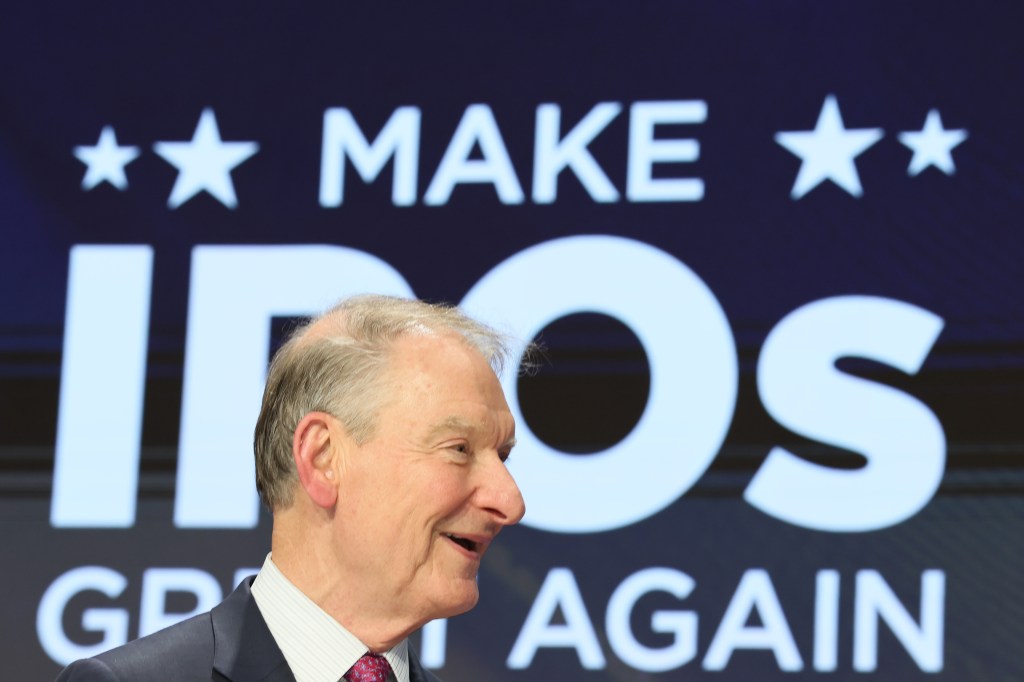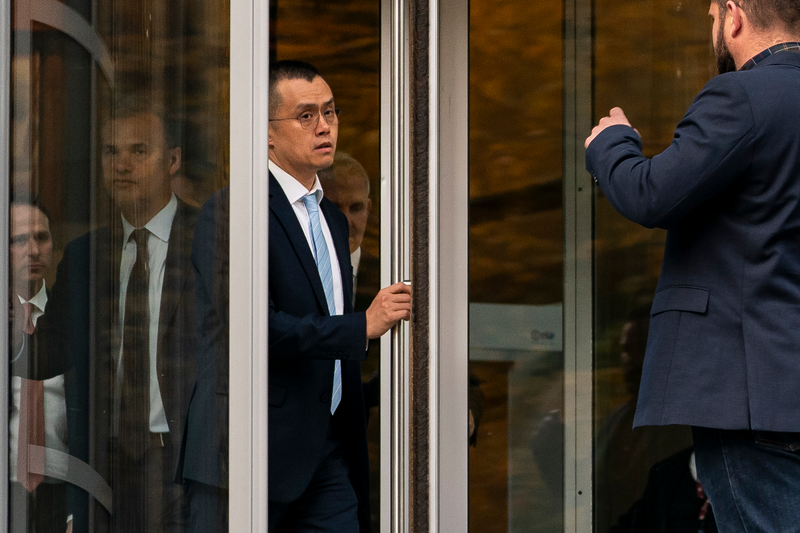Corporate accountability is a topic that has surged to prominence in recent months. We live in a world of increasingly stringent and highly-regulated corporate governance, especially concerning high-profile figures and their actions (or inactions) within large global corporations.
The world of digital and crypto assets has been under a particular
Register for free to keep reading
To continue reading this article and unlock full access to GRIP, register now. You’ll enjoy free access to all content until our subscription service launches in early 2026.
- Unlimited access to industry insights
- Stay on top of key rules and regulatory changes with our Rules Navigator
- Ad-free experience with no distractions
- Regular podcasts from trusted external experts
- Fresh compliance and regulatory content every day













